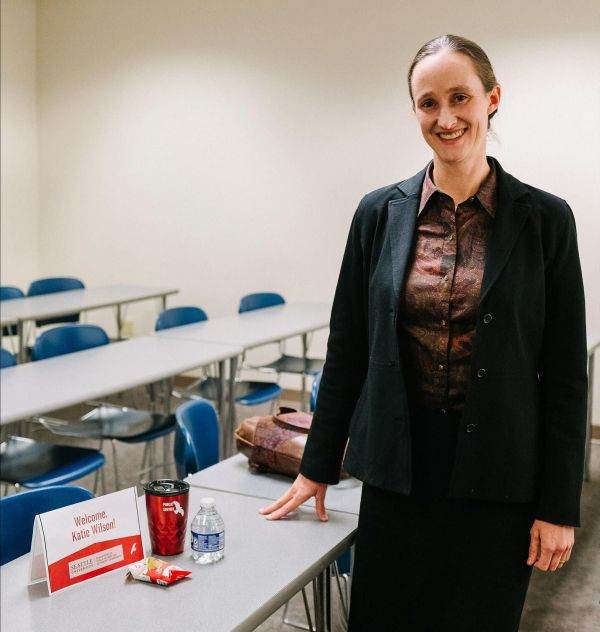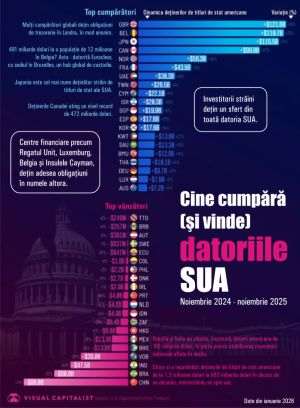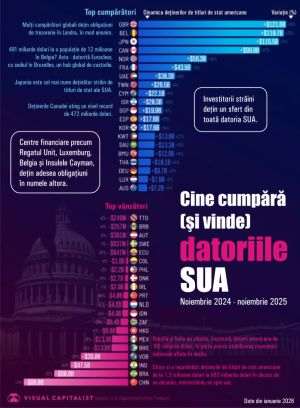In the current global economic and social context, marked by acute economic pressures, polarization and an explosive increase in the cost of living, the election of Zohran Mamdani as mayor of New York can no longer be seen as an electoral accident or an isolated political eccentricity. On the contrary, his victory becomes the signal of an increasingly powerful national American current, which is pushing American urban politics towards the radical left, fueled by younger generations brought to their knees by housing prices, stagnant wages and the feeling that the current economic system has stopped working for most people.
In this dynamic, Mamdani is not an exception, but the beginning of a visible trend: big cities are looking for alternatives, and voters privilege candidates with bold platforms, situated against the status quo and promises that address head-on the crises that previous administrations have kept postponing.
This political transformation finds one of the clearest confirmations in Seattle, where Katie Wilson, a committed socialist, is on the verge of winning the mayor's office, after surpassing the current mayor Bruce Harrel by a small but decisive margin, fueled by the mail-in votes that have steadily pushed her ahead, according to the American press.
If in New York Mamdani raised stake after stake with promises of free transportation, city-run grocery stores and additional taxes on luxury properties, in Seattle Katie Wilson entered the race with an equally incisive platform, perfectly calibrated to the city's dramatic economic realities. Her campaign focused on housing affordability in a city suffocated by skyrocketing prices, on combating economic inequality through a capital gains tax designed to generate substantial revenue for social programs, on much stronger protections for tenants in a real estate environment dominated by speculation, but also on the aggressive expansion of public transportation, to reduce the cost of living and offer real alternatives to a population increasingly pushed to the outskirts of the city by rising costs. The fact that these promises resonated so strongly in a city with an increasingly vulnerable middle class shows that we are dealing with not a temporary deviation, but a profound shift in electoral priorities.
The American press shows that while some Republicans in the state see the prospect of a socialist mayorship as a local catastrophe, but simultaneously a strategic opportunity for their own party, the political reality is that the Wilson model is an amplified echo of the Mamdani phenomenon. Seattle voters responded almost reflexively to her message: a reaction to an urban economy that seems to be working for fewer and fewer people.
And so, just as New York City elected a 34-year-old mayor with a platform the establishment sees as destabilizing for the city's fiscal balance, Seattle is preparing to enter the leadership of a radical socialist, determined to redesign the local economic and social architecture without hesitation.
Beyond the borders of the two cities, the two victories paint a larger picture: urban America is re-establishing itself ideologically, and what once seemed impossible, socialists' access to major executive positions, is becoming a political reality.












































